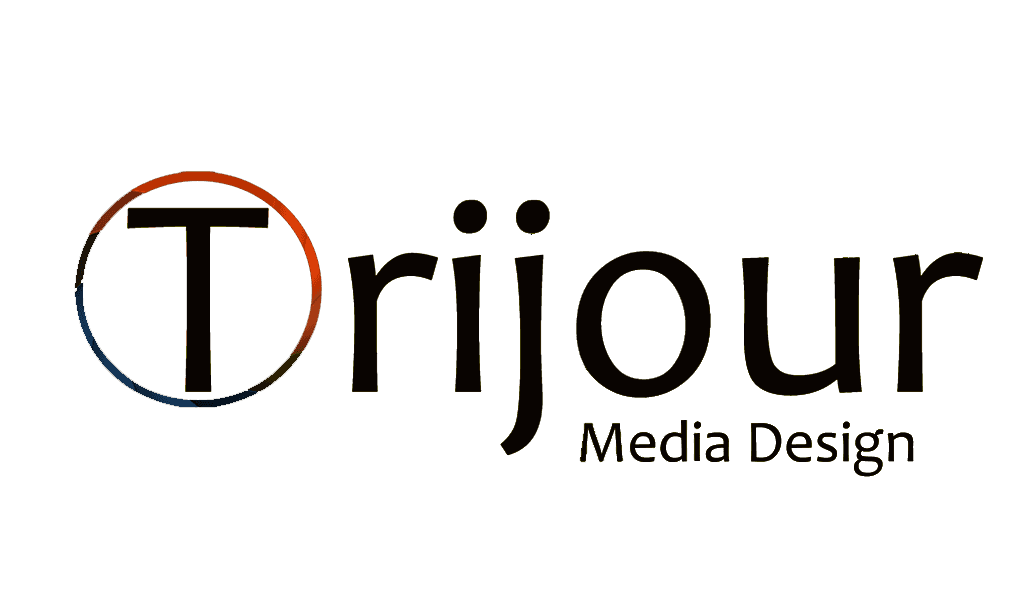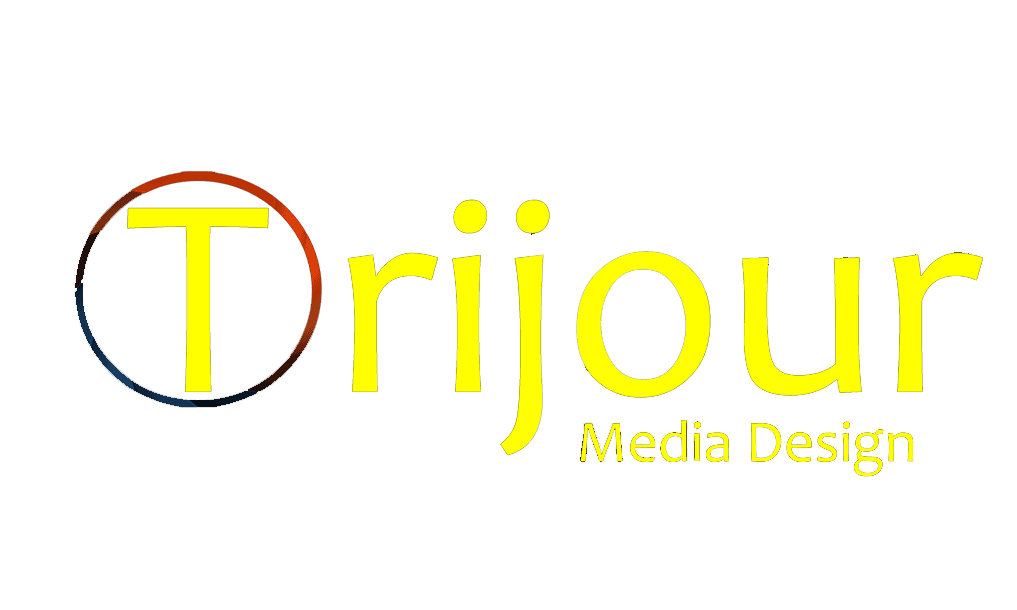Personal Tax Services
Personal Income Tax Preparations
Personal taxes refer to the taxes that individuals are required to pay on their income, investments, and certain transactions. They are typically filed annually with the government, and the amount owed is calculated based on the individual's taxable income, deductions, and credits. Personal taxes play a crucial role in funding various government programs and services, including healthcare, education, infrastructure, and social welfare initiatives.
Are you a student currently attending college?
There are tax deductions for you and your guardians. Click here to learn more
Are you an educator?
Educators quality for additional tax deductions. Click here to learn more.
Planning For Retirement?
Planning for your future can save you on taxes today. Click here to learn more
What are some tax deductions I can take if I receive a W-2?
As an employee receiving a W-2, you may be eligible for several tax deductions that can help reduce your taxable income and potentially increase your tax refund or decrease the amount of taxes you owe. Here are some common tax deductions you may be able to take:
Standard Deduction: The standard deduction is a set amount that reduces your taxable income. The standard deduction amount depends on your filing status and is adjusted annually.
State and Local Taxes (SALT): You can deduct state and local income taxes or sales taxes (whichever is higher) paid during the tax year.
Mortgage Interest and Property Taxes: If you own a home and have a mortgage, you may deduct the interest you paid on the mortgage loan, as well as any property taxes you paid.
Charitable Contributions: Donations made to qualified charitable organizations are deductible. Keep receipts or documentation for any charitable contributions you make.
Student Loan Interest: If you paid interest on qualifying student loans, you may be able to deduct up to a certain amount of the interest paid.
Medical Expenses: You can deduct qualified medical expenses that exceed a certain percentage of your adjusted gross income (AGI).
Educator Expenses: Teachers and educators can deduct up to a certain amount for out-of-pocket expenses used for classroom supplies and materials.
Job-Related Expenses: If you have unreimbursed job-related expenses that are necessary for your job, you may be able to deduct them, subject to certain limitations.
IRA Contributions: Contributions made to a traditional IRA may be deductible, depending on your income and participation in an employer-sponsored retirement plan.
Educational Expenses: Certain educational expenses may be deductible, such as tuition and fees for higher education.
Health Savings Account (HSA) Contributions: If you have an HSA, contributions made to the account may be deductible.
It's essential to keep accurate records and documentation to support your deductions in case of an IRS audit. Additionally, tax laws can change from year to year, so it's a good idea to consult with a tax professional to ensure you take advantage of all the deductions you are eligible for. Remember that tax credits can also help reduce your tax liability, so explore available credits as well.
Tax Filing Status
Determining your personal tax filing status is a crucial step in the tax preparation process, as it directly impacts the tax rate and deductions available to you. The five filing statuses recognized by the IRS are Single, Married Filing Jointly, Married Filing Separately, Head of Household, and Qualifying Widow(er) with Dependent Child. To choose the correct status, consider your marital status as of the last day of the tax year, any dependents you may have, and whether you are legally separated or widowed. Each status has different tax implications, so it's essential to select the one that best reflects your situation to ensure accurate and compliant tax filing. If you're unsure about your filing status, consulting with a tax professional can provide valuable guidance in making the right choice and optimizing your tax return.
Retirement Contributions
Investing in a retirement fund, such as a 401k, IRA, or Roth IRA, offers significant tax advantages and lays the groundwork for a financially secure retirement. Nevertheless,
withdrawing funds prematurely can result in penalties and increased tax obligations. To make informed decisions, it is advisable to consult a tax expert who can provide valuable guidance on the best withdrawal options and help determine which funds should be held or allocated for taxes prior to making any withdrawals. A tax professional can help you navigate the complexities of retirement fund withdrawals, ensuring you optimize your financial planning and minimize potential tax burdens.
Make This Tax Season Easier
Forget the hassles of bringing all your tax documents in to an office, sitting endlessly, and waiting for someone to complete inputting all the data only to find your missing a document meaning you may need to start all over and scheduling out out another time of your busy day. Who wants That? Here at BTS.TAX we offer a simple secure solution.






